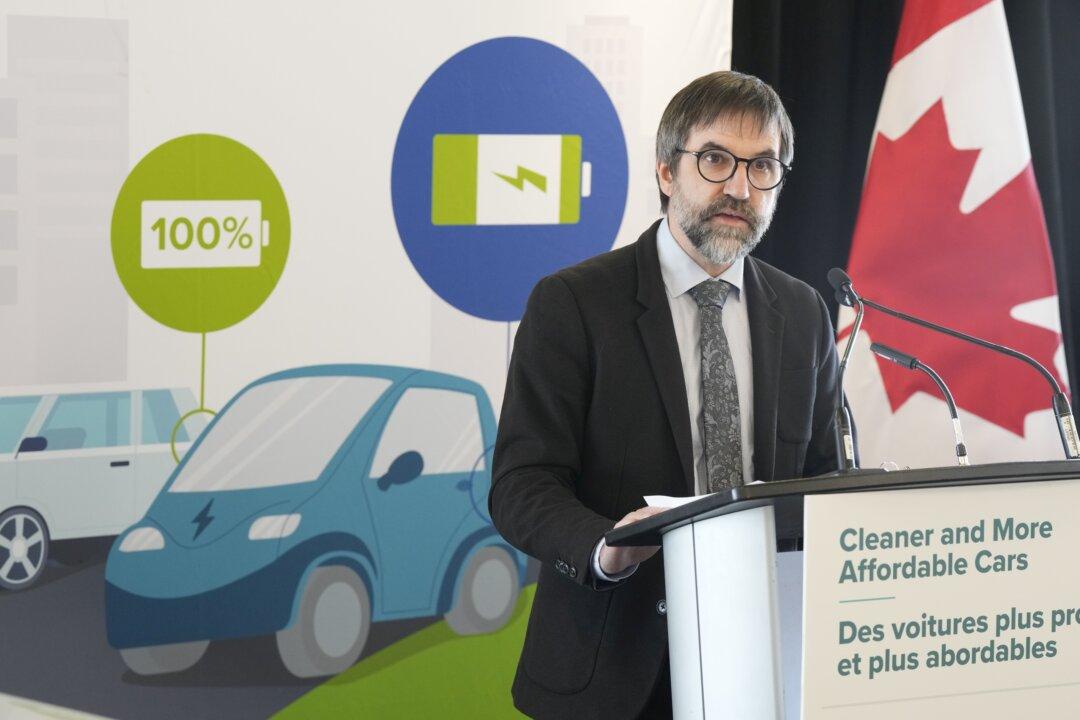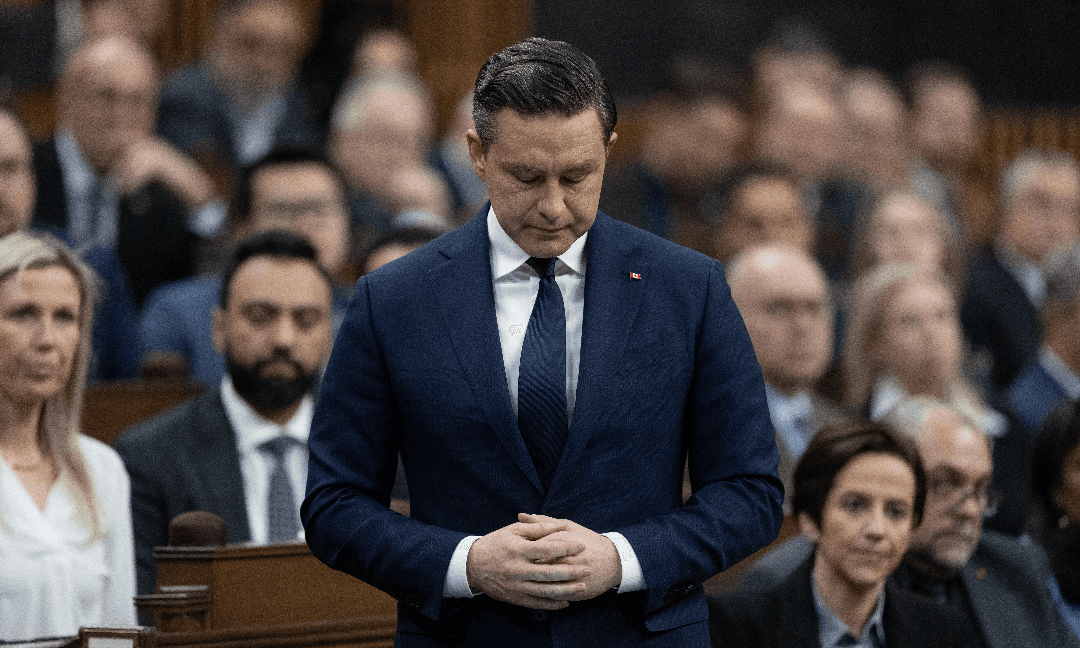Federal Environment Minister Steven Guilbeault says Ottawa has decided to stop investing in new roads and highways, saying the country’s existing network is “perfectly adequate.” Amid questioning and criticism by premiers, Mr. Guilbeault later said he specifically meant “large” road projects.
“Our government has made the decision to stop investing in new road infrastructure. Of course, we will continue to be there for cities, provinces, and territories to maintain the existing network, but there will be no more envelopes from the federal government to enlarge the road network,” Mr. Guilbeault said during a conference on public transit in Montreal on Feb. 12, Montreal Gazette reported.





